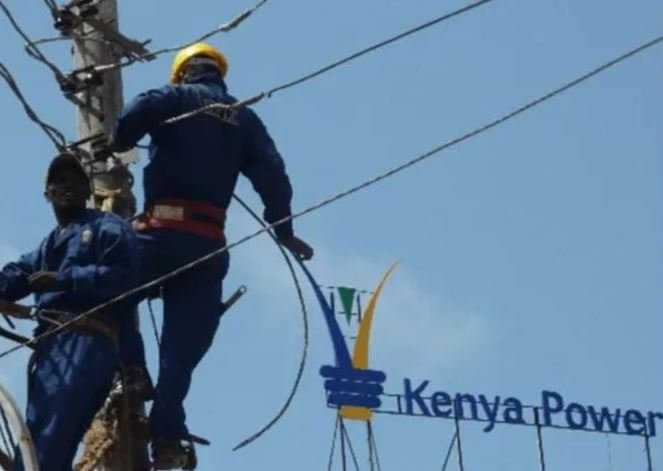Firms are hurting from the high cost of electricity even as Kenya Power and Lighting Company (KPLC) got approval from the Energy industry regulator to recover losses incurred in transmission of power from the consumer. The Energy and Petroleum Regulatory Authority (Epra) in August increased the amount of system losses that Kenya Power can recover from its consumers. The company will now be able to recover 19.9 per cent of the system losses from consumer, previously set at 14.9 per cent. It is also against a recent application by Kenya Power for a review of the power tariff by as much as 20 per cent. Now some manufacturers claim the recent increase in recoverable system losses as well as the proposed hike, which EPRA said it is still looking into, could possibly drive them out of business. Milly Glass Works said it has been pushed to the corner and could consider an exit from the Kenyan market. Vice Chairman Mohammed Rashid says the company’s power bill is soaring by the day, and it does not help that several other countries in the region have lower rates. Close shop He says KPLC has not been considerate to the manufacturing industry. “ The cost of power is highest in Kenya compared to other countries in the region. Price per kilowatt in Kenya is $0.152 (Sh15), which is higher than Tanzania’s $0.142 (Sh14). It is $0.07 (Sh7) in Egypt and $0.13 (Sh13) in India,” he says. As such, Mr Rashid feels the glass plant could end up closing shop and migrating to another country. Taking a swipe at the Government over what he feels is lack of subsidies for local manufacturers, he says it is cheaper to manufacture in other countries and import into Kenya. There have been complaints for years that local industries have to charge higher for their goods and thus end up being kicked out of business by foreign companies, which are highly incentivised in their own countries and can manage to price their goods lower. The billing by KPLC, which is one way that could determine manufacturers’ ability to price goods fairly, has not helped. “There was the proposal by KPLC to increase the billing by 20 per cent. That, when we are already hurting, is very punitive,” says Rashid. He says KPLC, being the monopoly it is, does little to address complaints by power users. “This company […]
Rising electricity bills push manufacturers to the wall
